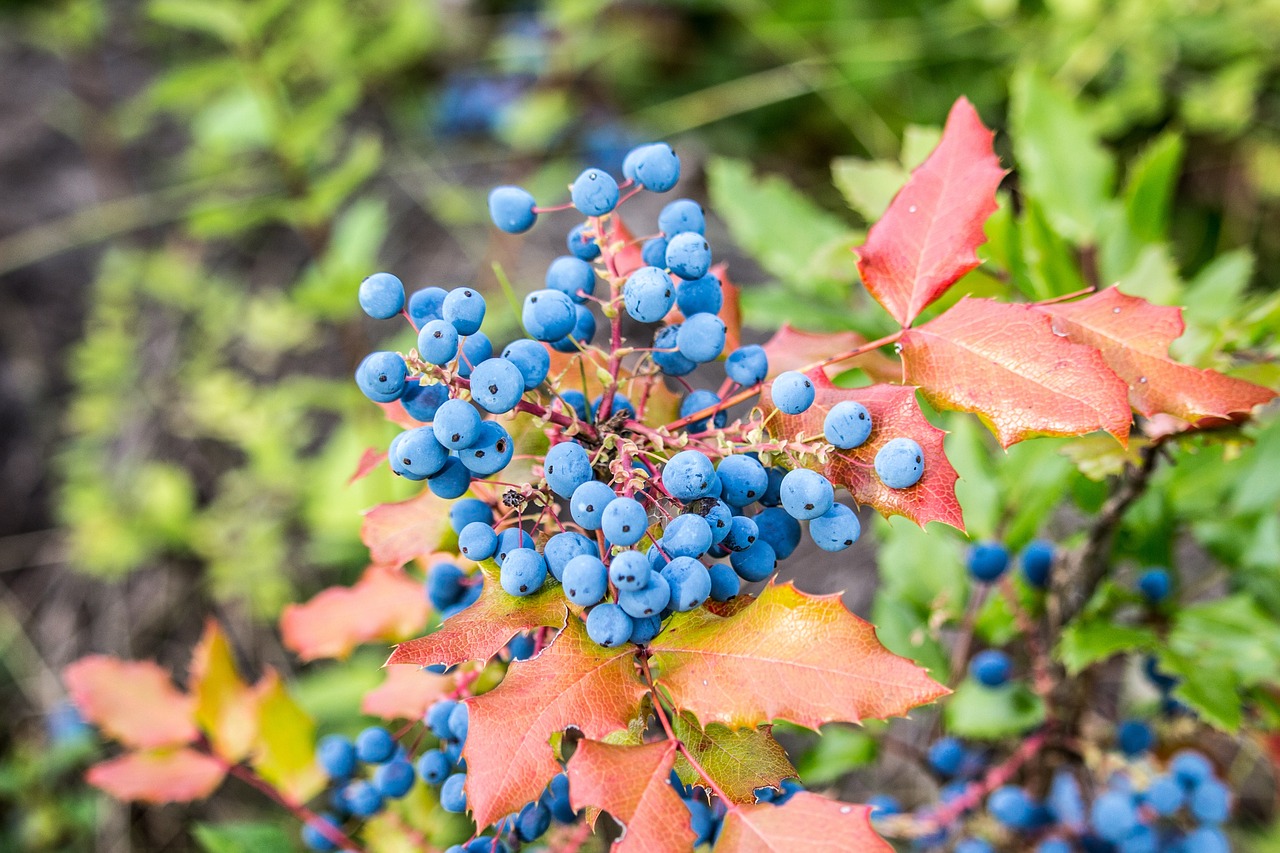The Benefits of Community Gardens: Cultivating Connection and Food Security
Social interaction is a fundamental aspect of human well-being that can be nurtured and facilitated through community gardens. These shared green spaces provide a platform for individuals to come together, share knowledge, and build relationships based on a common interest in gardening. As people work side by side, planting seeds, pulling weeds, and harvesting crops, they engage in conversations, exchange gardening tips, and forge connections that extend beyond the garden.
Community gardens serve as a catalyst for fostering a sense of belonging and connectedness among participants. By creating a space where individuals of diverse backgrounds can come together in a common pursuit, these gardens break down barriers and promote understanding and empathy. Through the act of gardening together, people develop a shared sense of purpose and cooperation, leading to the cultivation of a supportive and inclusive community environment.
Improving Access to Fresh and Nutritious Produce through Community Gardens
Community gardens play a vital role in increasing access to fresh and nutritious produce within communities. By providing a shared space for residents to grow their own fruits and vegetables, these gardens help address food deserts where access to healthy foods is limited. Residents who may not have the resources or space to maintain a garden of their own can benefit from the collective effort put into community gardens, leading to a wider availability of locally grown, organic produce.
Furthermore, community gardens foster a sense of empowerment and self-sufficiency among participants. Engaging in the process of sowing, nurturing, and harvesting crops not only promotes physical well-being through access to fresh produce but also encourages a deeper connection to the food we eat. This hands-on approach to food production can lead to greater appreciation for the value of nutritious foods and a desire to make healthier choices, ultimately contributing to improved overall health within the community.
Building Stronger Communities through Shared Gardening Spaces
Community gardens play a vital role in fostering a sense of belonging and connection among individuals within a neighborhood. The act of coming together to cultivate a shared green space not only enhances the physical environment but also strengthens the social fabric of the community. Through collaborative efforts in planting, nurturing, and harvesting crops, residents develop bonds and camaraderie that go beyond the garden itself.
Shared gardening spaces provide a platform for diverse community members to engage in meaningful interactions and exchange knowledge and skills. Regardless of age, background, or gardening experience, individuals can come together to learn from one another, share resources, and work towards a common goal. This shared activity fosters a sense of unity and cooperation, leading to the development of a more cohesive and resilient community.





